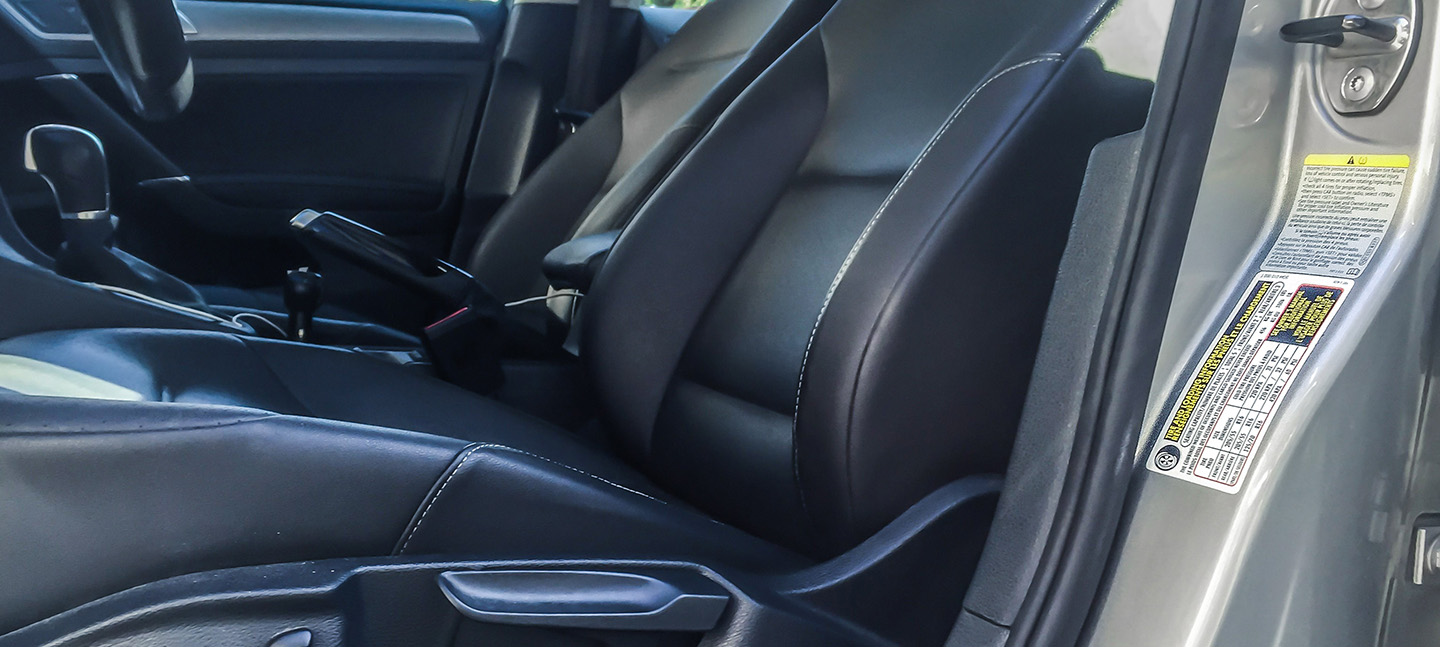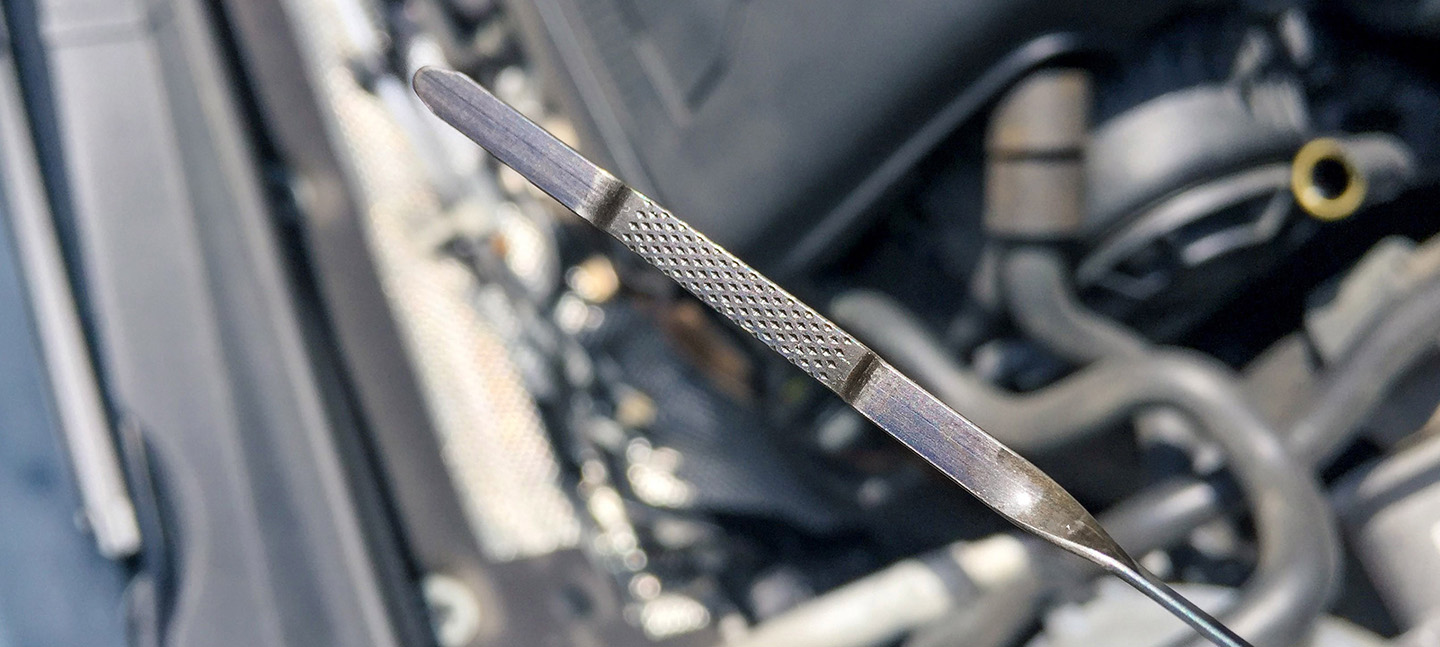Tips to keep your car rolling during this time
As British Columbians spend more time at home, vehicles are sitting longer, causing challenges for drivers when it’s time to start up again. Here’s how to keep your car in good shape, so it’s good to go when you need it.
Maintaining your battery
Without regular driving, vehicle batteries can deteriorate over time. This is especially true for older batteries or for feature-packed newer vehicles, and problems can start after just a few weeks sitting parked. To keep your battery in good shape:
- Make the most out of essential trips; even 30 to 45 minutes per week helps - this allows the alternator enough time to charge your battery. Choose a longer route or, if possible, drive to a store a little further away.
- Consider a battery maintainer to keep your battery charged. Wired into your vehicle’s battery and plugged into the wall, battery maintainers can be ordered online to limit outings. Make sure you follow safe usage instructions.
- If your battery needs a boost or replacement, BCAA Road Assist offers Members contact-free Battery Service wherever your vehicle is parked.
Keep your tires in good shape
Tires can deflate over time if a vehicle is left sitting too long. To make sure your tires are safe for driving:
- Watch your tire pressure. Do walk-arounds regularly to check each tire, use a tire gauge if you have one or check the Tire Pressure Monitoring System (TPMS) if you have one in your vehicle.
- If you have a deflated tire, add air if you can. To locate the correct Pounds per Square inch (PSI) for your tires, check the white sticker located on the inside of the drivers’ side door.
- BCAA Road Assist also offers contact-free flat tire changes for Members.
- If you’re still driving on winter tires (provided they’re not studded) be aware that tire handling and performance could be affected as the weather warms up. Always follow safe driving guidelines, avoid heavy braking and take turns slowly for best handling.

Other preventative measures
- For fuel pump longevity, keep your tank at least a quarter full. This helps ensure the fuel pump is not picking up sediment from the bottom of your fuel tank and doesn’t strain or overwork the pump.
- Check your oil – if it’s between the minimum and maximum levels, you’re in good shape. If the oil colour is dark, check when your car had its last oil change and refer to the manufacturer-recommended schedule to see if it’s time for another.
- Clean the inside of your vehicle to prevent odour and mould.
- Make sure the vehicle is well-sealed; that the windows are closed, and the ventilation system is set to recirculation, not fresh air, to prevent rodents from getting in.
- Do not set the parking brake if you're going to park your vehicle for more than 30 days. The pads or shoes can seize to the drum or the rotor and cause problems down the road when you move it. To prevent the vehicle from rolling away, place a wedge or block at the front and rear tire.

Disinfect without causing damage
After heading out for essential trips, you might be in the habit of wiping or spraying down your car’s hard surfaces with disinfectant. Some disinfectant wipes or sprays can damage your car’s interior so be sure to read the label first.
Need emergency repairs? We’re here for you
Keeping your car running safely so you can get out for essential trips and errands is critically important, that’s why BCAA Auto Service Centres are open and here to help you for any repairs. Please call ahead first and note that for everyone’s safety we have physical distancing rules in place at all our Auto Service Centres.







